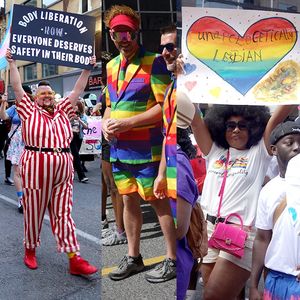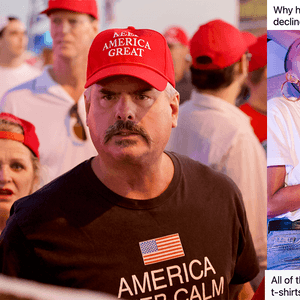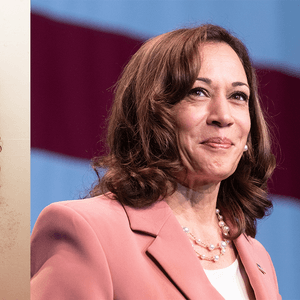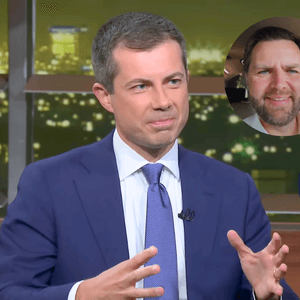Florida supreme
court justices had difficulty during oral arguments
Wednesday seeing why a proposed state constitutional
amendment banning same-sex marriage should be kept off
the 2008 ballot.
The justices will decide at a later date whether
the proposal meets the constitutional requirements
that citizen initiatives cannot cover more than one
subject and that ballot summaries must be clear and unambiguous.
Mathew Staver said he was pleased after arguing
for the proposal on behalf of its sponsor,
Florida4marriage.org. "I think the justices saw
directly to the heart of the issue," said Staver, president
and general counsel for Orlando-based Liberty Counsel,
a conservative legal group that purports to advocate
for religious freedom and traditional family values.
"This language clearly meets the single-subject"
requirement, he said.
The amendment, endorsed by such organizations as
the Christian Coalition of Florida and the Southern
Baptist Convention, failed to garner the 611,000
signatures by the February 1 deadline needed to get on the
ballot this year. Sponsors are now shooting for 2008.
American Civil Liberties Union lawyer Leslie
Cooper argued that the proposal violates the
single-subject requirement because it covers two
subjects: the status and protection of marriage. Voters may
support how the amendment affects one but not the
other, she told the high court.
Chief Justice Barbara Pariente responded that it
appeared both involve one subject, relationships
between two people. "I'm having trouble seeing where
the single-subject violation is despite your excellent
advocacy," Pariente told Cooper. Cooper represented the
ACLU, six lesbian and gay couples, Equality Florida,
and the American Federation of State, County, and
Municipal Employees. "We hope that the justices will
see that this amendment would not just ban marriage but
would ban civil unions and potentially other
protections for same-sex couples," she said.
The ballot summary says it limits marriage to
"one man and one woman" and prohibits any "other legal
union that is treated as marriage or the substantial
equivalent thereof."
Cooper argued that "substantial equivalent" is
unclear, but Justice Raoul Cantero said the meaning of
that phrase will be open to challenge if the amendment
should pass. "That doesn't mean it shouldn't go on the
ballot," Cantero said.
The justices also pointed out that "substantial
equivalent" is used in the amendment itself as well as
the ballot summary. "If constitutional amendments were
clear and statutes were clear, this court would have a
much lower caseload," Pariente said. She then noted
Staver made a substantial concession about the amendment's
intent during his argument that courts later can rely
upon in interpreting its meaning. "It does not
prohibit either a local government or the state
government from giving a bundle of rights to unmarried
people," Staver said.
The amendment mimic's Florida's existing Defense
of Marriage Act, which already bans same-sex
marriages. Staver said courts might be able to strike
down the law based on existing provisions in the Florida
constitution unless it is amended. (AP)


















































































